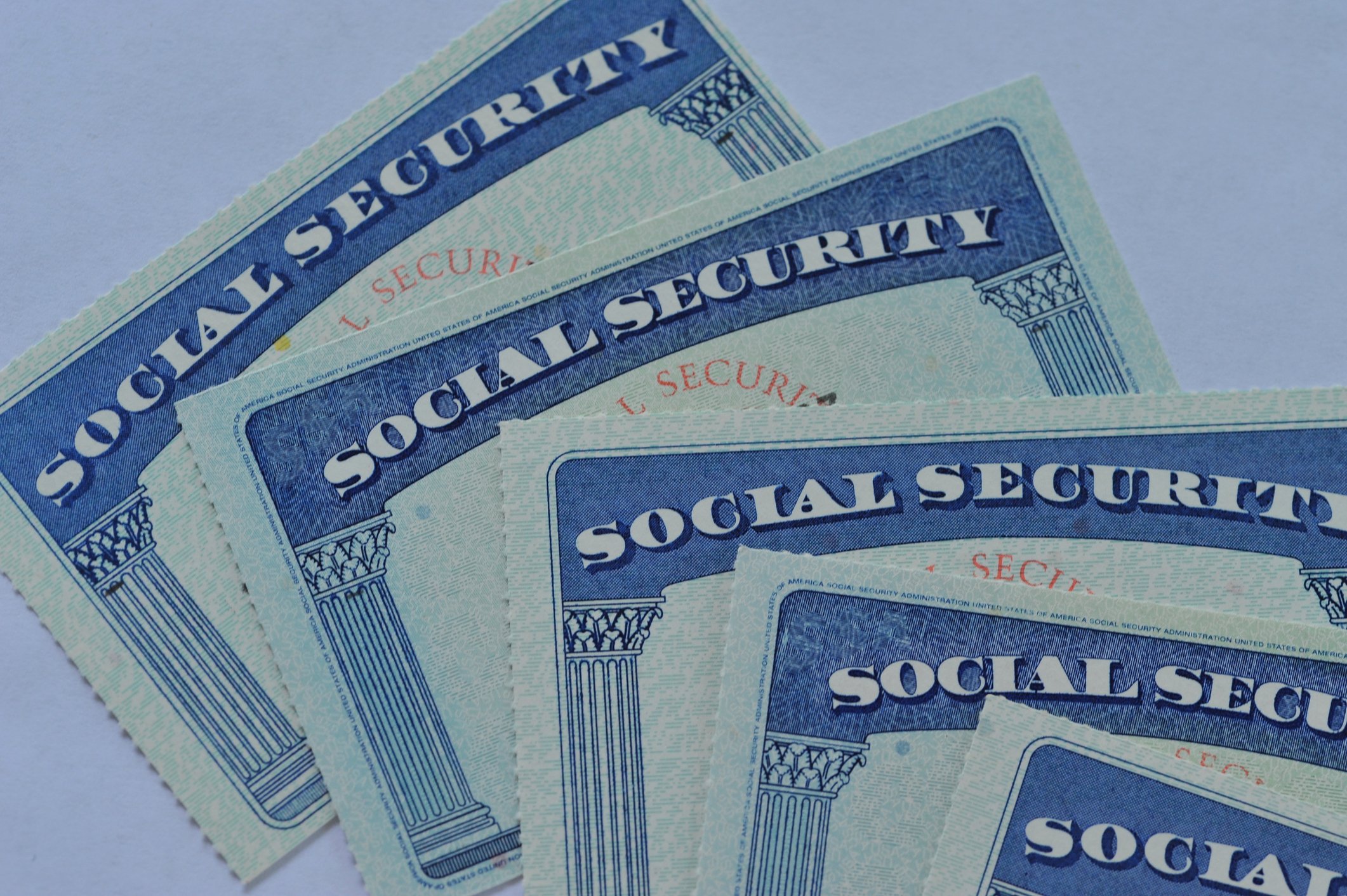Setting retirement goals can be hard. Unfortunately, many people underestimate the amount they'll need in retirement -- especially when they're still many years away from leaving work. There are lots of reasons you may be dangerously wrong in guessing the amount you need, but here are two of the biggest things you're probably forgetting about.
1. Inflation
When you're a long way from retirement and use a retirement savings calculator to figure out how much money you'll have in your 60s, you may see a big number and feel like you're in pretty good shape. For example, if you're 30 years away from retirement, contributing about $8,800 a year to a 401(k) and expecting to earn an 8% average annual return, you may feel comforted by the fact your retirement nest egg will be worth close to a million dollars.

Image source: Getty Images.
There's just one problem: Inflation, or the rising price of goods and services, means your $1 million isn't worth as much as you think. In fact, a $1 million nest egg 30 years from now has an inflation-adjusted value of about $400,000 (assuming a 3% inflation rate). And if you follow the 4% rule and withdraw 4% of your account balance the first year and adjust upward for inflation from there, it'll only give you the equivalent of $16,000 in income in today's dollars.
You may decide that's enough when combined with your future Social Security benefit. Or you may realize that once you take inflation into account, you actually need to save quite a bit more than you thought.
Since retirement is so far in the future for so many Americans, you absolutely need to consider how the effects of inflation will affect the value of your money when you set savings goals. Fortunately, there are a number of online calculators that take that into account so you can get a more accurate picture of what you need to set aside for the future.
2. Taxes
Paying taxes now may not be something you think much about if the money is withdrawn from your paycheck -- but as a senior, you'll still owe the IRS. Distributions from your traditional 401(k) and IRA are taxable at your ordinary rate. And if you make above $32,000 as a married joint filer or $25,000 with any other tax filing status, part of your Social Security benefits will be taxable too.
Since taxes reduce the amount of your distributions that you have available to spend, you need to take them into account when figuring out how much income your investments will produce. And there's a very good chance taxes will be higher by the time future retirees leave the workforce, so you may actually end up paying more than you are now.
While it can be hard to estimate exactly how big of a bite taxes will take out of your nest egg, assume you'll be taxed at least at your current rate. And if you want to be absolutely sure you've got enough money, you can estimate that you'll owe the IRS a little more than you currently do. Alternatively, you can opt to invest in Roth accounts instead of traditional ones. While you'll have to make contributions with after-tax dollars, you won't have to worry about owing taxes on withdrawals.
Don't leave yourself unprepared for your future retirement
While it's easy to look ahead at your retirement projections, see a big number and think you're in good shape, you can't forget about the impact of taxes and inflation. Otherwise, you may find that the retirement nest egg you thought was big enough actually leaves you worried about money in your later years -- when you deserve to be secure in your financial situation.





